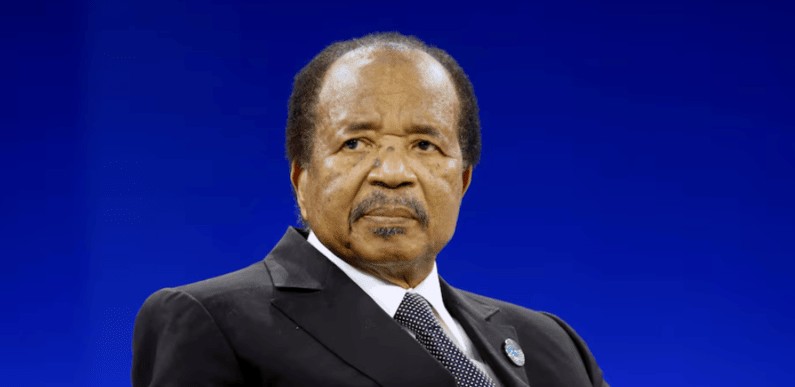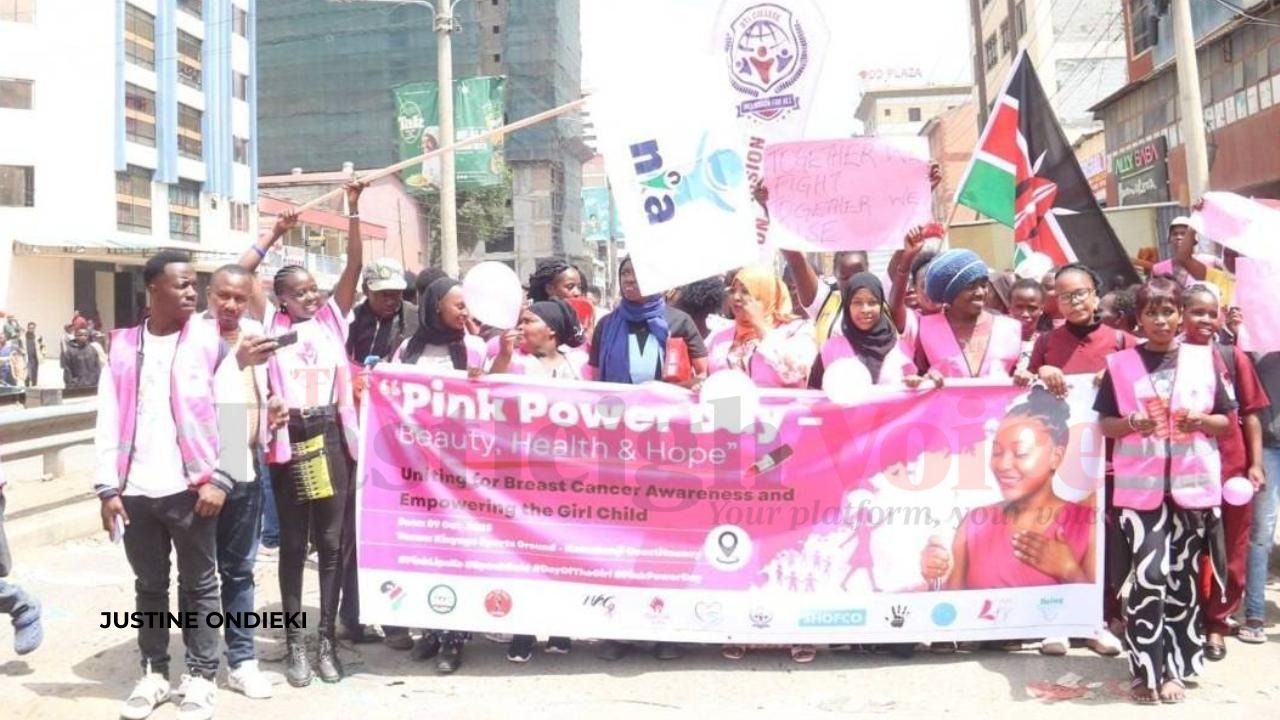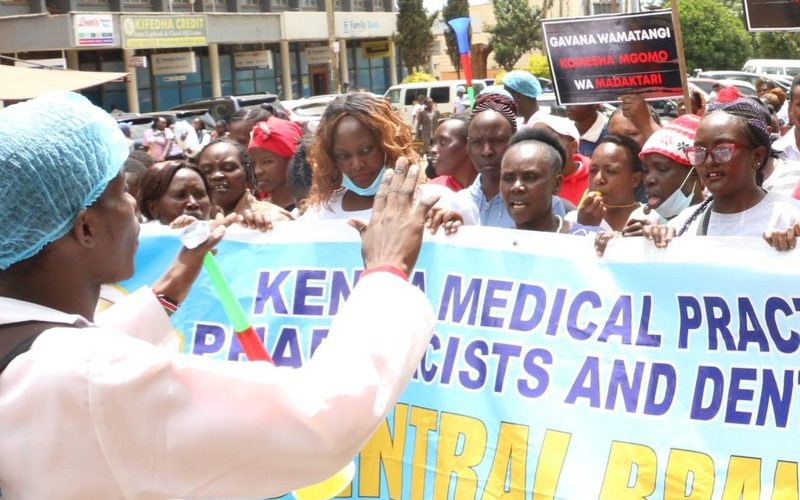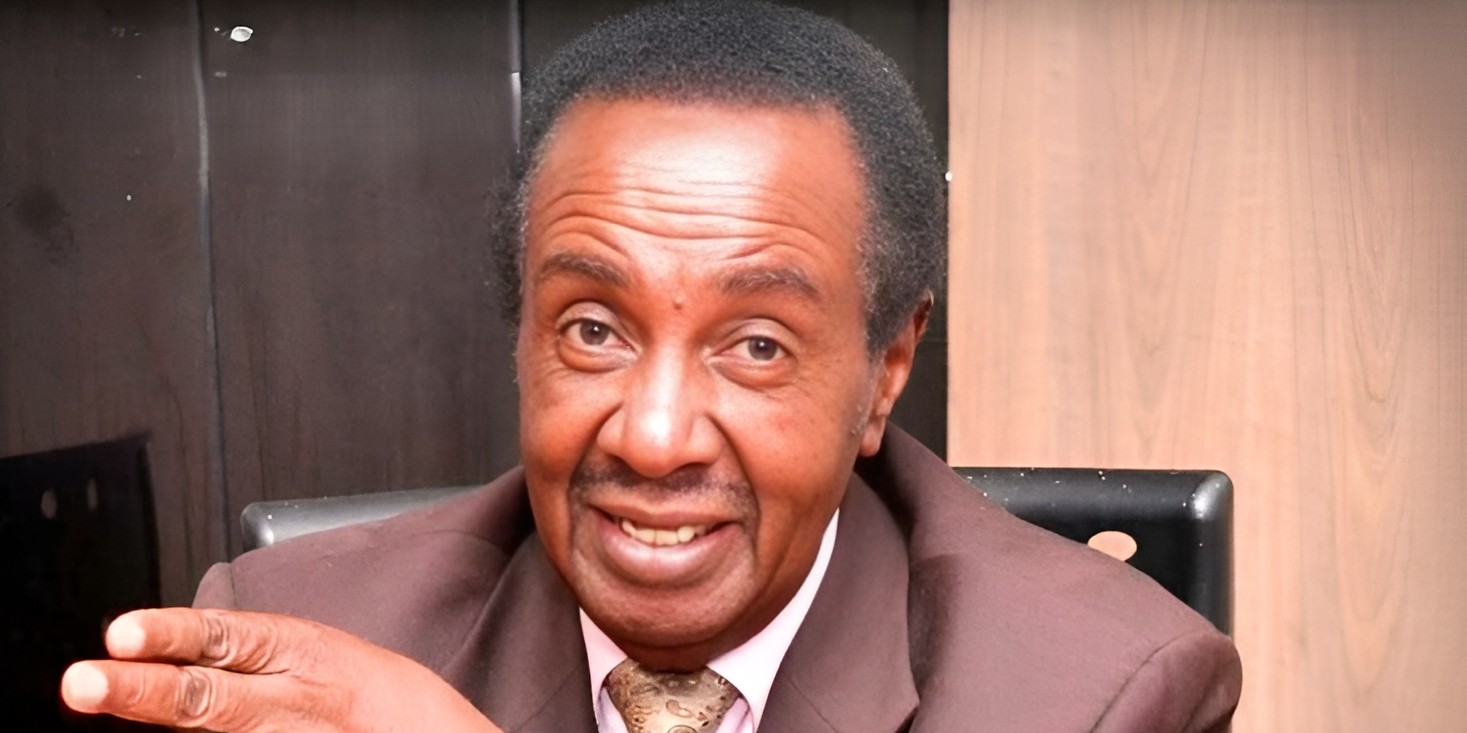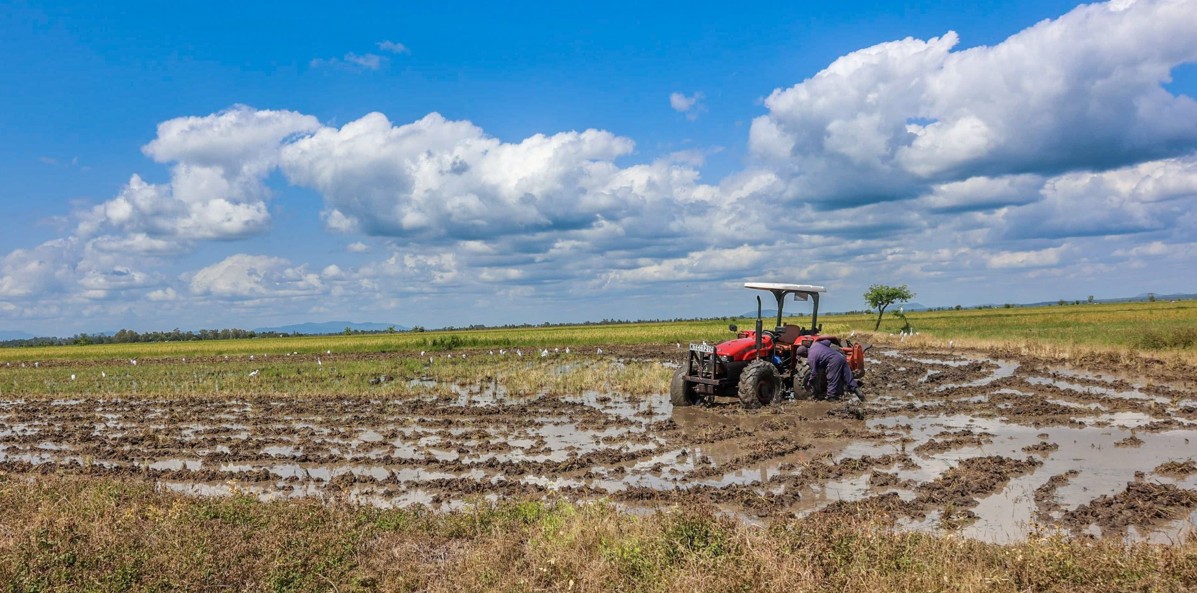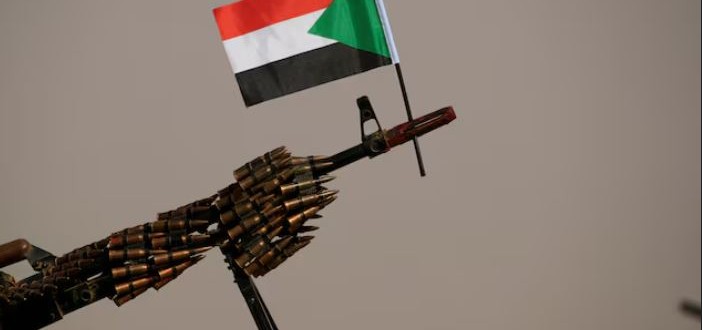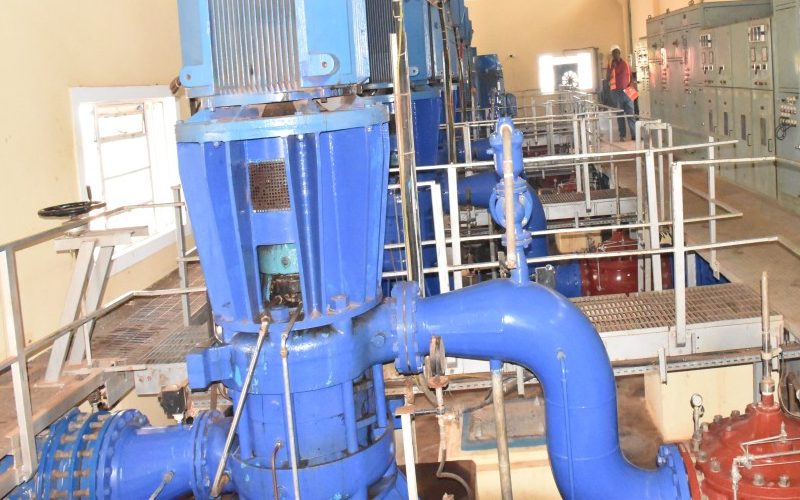Middle East and North Africa conflict leaves over 12 million children displaced or injured – UNICEF

According to UNICEF, 20,000 children have died and over 40,000 have been maimed, while the number of displaced minors now exceeds 12 million.
More than 12 million children have been killed, injured, or forced to flee their homes due to intensifying conflicts across the Middle East and North Africa (MENA) over the past two years, according to a new report by the United Nations Children's Fund (UNICEF).
According to UNICEF, 20,000 children have died and over 40,000 have been maimed, while the number of displaced minors now exceeds 12 million.
More To Read
- Bold, diverse and unstoppable: Girls speak out amid a world in crisis
- UNHCR Chief Filippo Grandi warns world against growing numb to atrocities
- WHO says rebuilding Gaza’s shattered health system critical to a lasting peace
- ‘Unprecedented’ number of children on the run in Haiti
- Over 60,000 children killed or maimed in Israel-Palestine conflict: UNICEF
- Gaza health system overwhelmed as WHO reports 42,000 people have life-changing injuries
"A child's life is being turned upside down, the equivalent of every five seconds, due to the conflicts in the region," said UNICEF Regional Director for the Middle East and North Africa Edouard Beigbeder.
"Already, half of the region's 220 million children live in conflict-affected countries. We cannot allow this number to rise. Ending hostilities, for the sake of children, is not optional; it is an urgent necessity, a moral obligation, and it is the only path to a better future."
Directly affected by conflict
UNICEF stated that close to 110 million children in the region are living in areas directly affected by conflict.
War has ravaged schools, clinics and homes, leaving young people exposed to danger, displacement and psychological trauma that could linger for years.
According to UNICEF, 45 million children across MENA will require humanitarian aid in 2025, a sharp increase from 32 million in 2020. This translates to a 41 per cent increase in just five years.
Compounding the crisis is an alarming decrease in funding. By 2026, UNICEF's funding in MENA is projected to decline by 20 to 25 per cent, potentially resulting in a loss of up to $370 million (around Sh47.8 billion).
This will hinder life-saving programmes across the region, including treatment for severe malnutrition, safe water production in conflict zones and vaccinations against deadly diseases.
"As the plight of children in the region worsens, the resources to respond are becoming sparser," said Beigbeder.
"Conflicts must stop. International advocacy to resolve these crises must intensify. And support for vulnerable children must increase, not decline."
UNICEF is urging governments and stakeholders to press for ceasefires and push parties to the conflict to respect international humanitarian law.
The agency is also appealing to donors to sustain and expand their support to ensure the survival and protection of the region's most vulnerable children.
Top Stories Today


